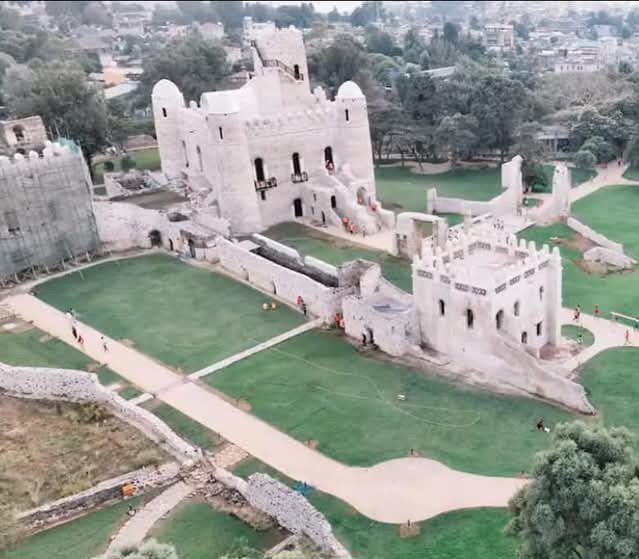Kigali — The Rwanda Mines, Petroleum, and Gas Board (RMB) has announced the discovery of 13 oil wells in Lake Kivu, marking a significant step in the country’s pursuit of energy resources. The revelation was shared by RMB’s CEO, Francis Kamanzi, during a meeting with the Parliamentary Committee on Governance, Gender Equality, and the Ministry of Environment on January 15, 2025.
“The good news is that we have oil. Preliminary research in Lake Kivu revealed 13 wells with signs of oil,” Kamanzi stated, adding that further studies are required to determine the quantity and extraction costs.
Rwanda’s exploration efforts in Lake Kivu are buoyed by similar discoveries in neighboring regions. Kamanzi highlighted the geological connection to Lake Albert in Uganda, part of the same rift valley that extends through Lake Kivu to Lake Tanganyika. “Our Lake Kivu is deeper than other lakes in the region, so we might have more oil than our neighbors,” he noted optimistically.
Efforts to explore oil in Rwanda date back years but were paused in 2014. They resumed after Canada-based Black Swan Energy identified parts of Eastern Kivu as promising for oil and gas production. The presence of methane gas in Lake Kivu, often found alongside oil, was an early indicator of potential reserves.
Exploration Process and Costs
Initial studies confirmed oil presence through research conducted at depths of up to 480 meters, where machines collected samples from the lakebed. However, deeper exploration is needed to assess the type, quantity, and commercial viability of the reserves. This next phase involves drilling to collect additional samples, a process that is both complex and costly. Drilling one well can exceed $15 million (approximately Frw 20 billion).
Earlier exploration phases cost Frw 1.7 billion, and future stages are projected to require between Frw 8 billion and Frw 10 billion. Advanced machines will be deployed to map the lakebed in detail, identifying precise locations of oil and gas reserves.
Potential Impact
The discovery in Lake Kivu presents an opportunity to significantly boost Rwanda’s energy sector. Oil extracted from the lake could take various forms, including solid asphalt, liquid fuels like diesel or gasoline, or gas. Extraction methods would likely follow similar processes used for methane gas, involving deep drilling, base reinforcement, and pumping oil to surface storage tanks.
Parliamentarians welcomed the development, viewing it as a transformative opportunity for Rwanda. However, they emphasized the need for substantial investment and thorough research to unlock the full potential of the resource.
With Lake Kivu’s depth and geological advantages, the discovery raises hopes of larger oil reserves than those found in neighboring countries, positioning Rwanda as a potential leader in regional energy production.











